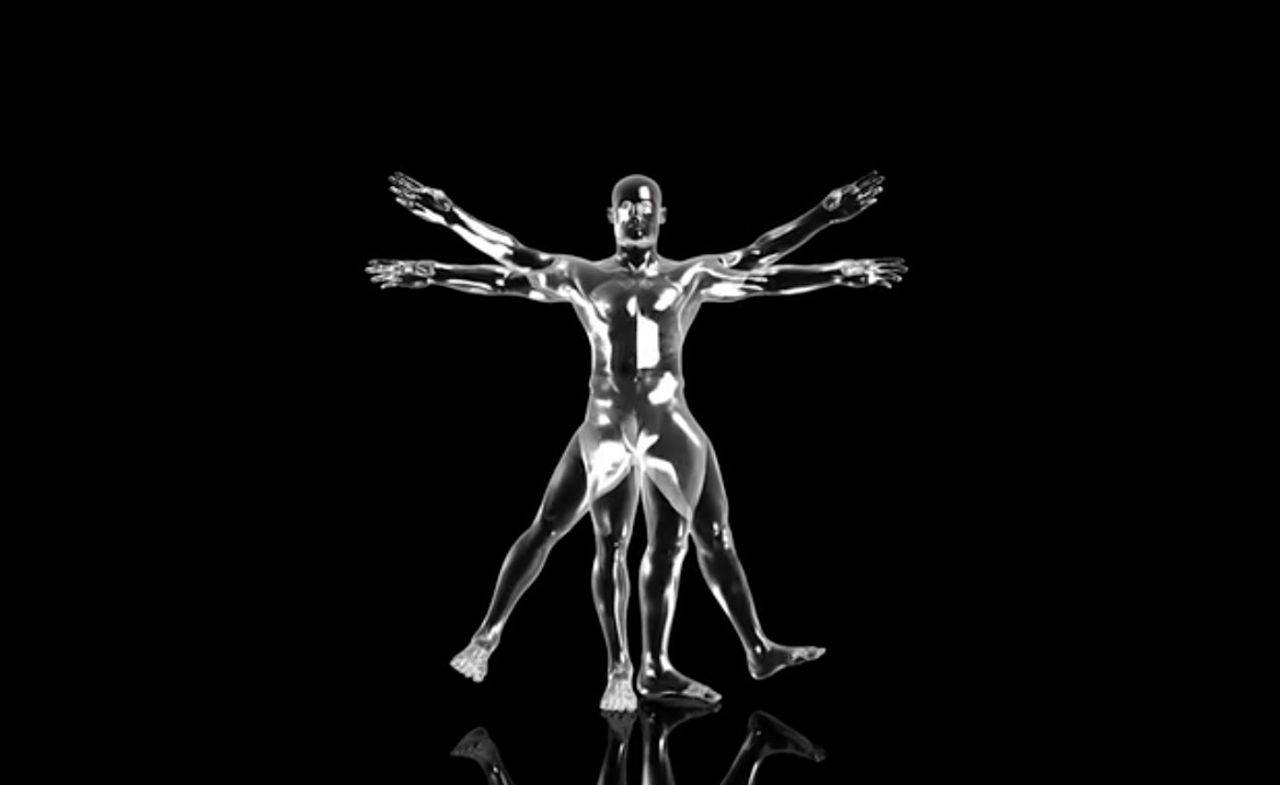The Brave New World of Work

Sciences & Technology
Working in an autonomous world
As autonomous technology becomes a part of every-day life, what impact will they have on where we live and how we work?

Politics & Society
Adapting to the speed of change
Is emotional resilience a skill that can be taught to help the next generation prepare for the unpredictable workplace of the future?

Sciences & Technology
The new hyper-reality of work
Augmented and virtual realities promises to dramatically change how we work in the future, but the technology is already having an impact in education and training

Sciences & Technology
The jobs of 2027
In 10 years jobs we’re familiar with now will change as new technologies impact on how we work. Professionals like nurses, architects, artists and farmers will all need new skillsets to keep up with the technological revolution

Business & Economics
5 ways the future of work could change for women
The last generation saw a significant shift towards equality for women in the Australian workplace, but they remain under-represented in senior roles, earn less and don’t have as much superannuation. So, what could the future of work look like for

Politics & Society
Becoming Asia-capable
By 2030, two-thirds of the world’s middle class will live in Asia and Australian business leaders have a lot of work to do to become Asia-capable in the 21st century

Sciences & Technology
Thriving amid the rise of the machines
Since 1948, futurists have warned about the impact automation could have on the human workforce, and now those changes are becoming a reality. Does it mean a re-think about what jobs humans can do better than machines?

Business & Economics
Human vs computer: Becoming more employable than an algorithm
There is global unease that technology could leave many of us redundant, as jobs are taken over by computers. But it could, in fact, free us up to use our very human skills of creating new knowledge, problem solving and working collaboratively
